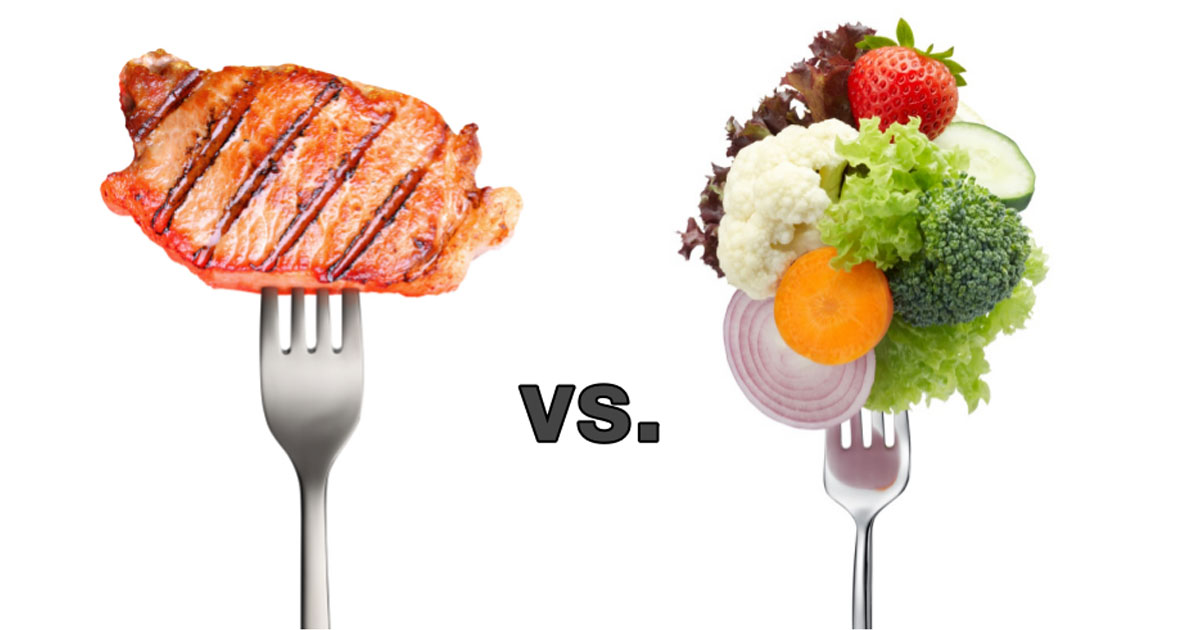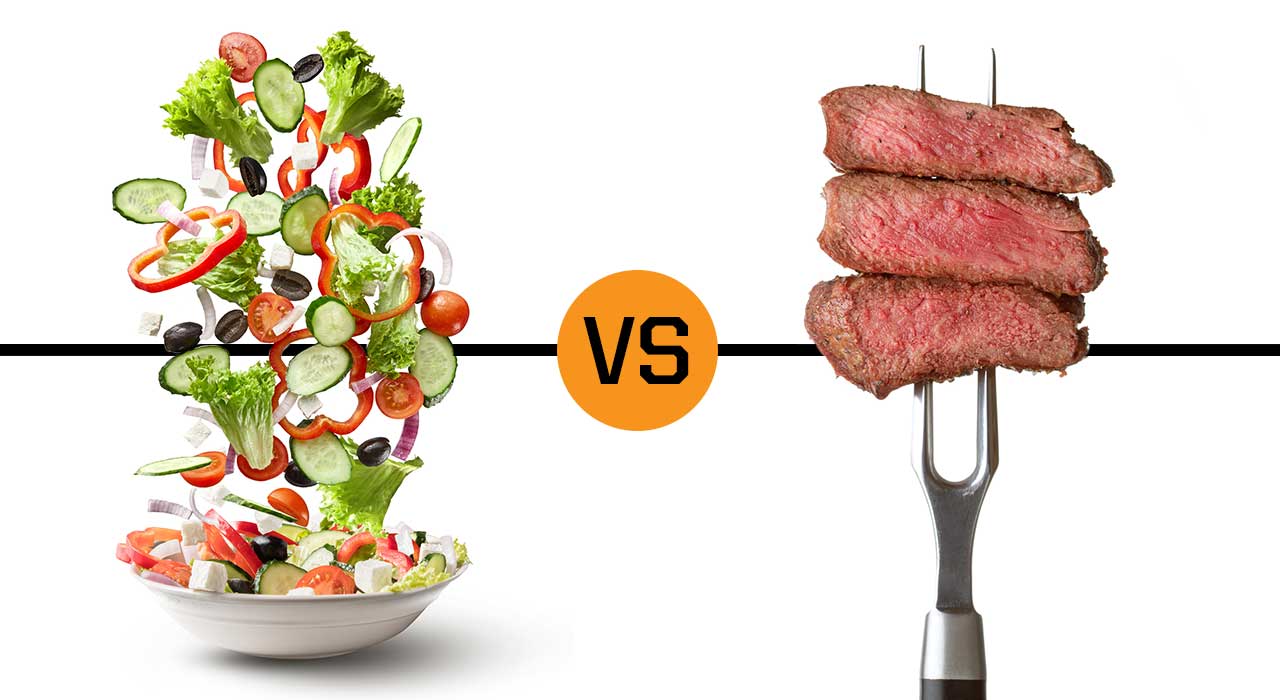Let’s try to figure out who lives longer: meat-eaters or vegetarians? Our ability to live a long life is influenced by the combination of our genes and environment. Not so long ago, studies were conducted with twins.
Scientists have calculated that the percentage of influence of genes on longevity is no more than 30%. It turned out that the biggest factors that control human life expectancy are the environment and lifestyle.
lifestyle factors
Of the many possible lifestyle factors, only a few have been thoroughly studied. Incl. and our diet. For example, calorie restriction is only one part of the diet that is being studied. Research shows that calorie restriction can increase life expectancy. At least for the lower beings. But what works for mice doesn’t necessarily work for humans.
The quality of food, as opposed to the amount we eat, is still a hot topic of discussion. The question of eating meat is put under a microscope. A study was conducted that involved almost 100,000 Americans over a period of five years. Observations showed that people who did not eat meat died less than meat eaters during the observation period. This effect was especially noticeable in men.
Low meat diet and longevity
Some meta-analyses, which combine and re-summarize data from multiple studies, have also shown interesting results. It turned out that a diet low in meat is associated with a longer lifespan. The longer people followed a meat-free diet, the more benefits it brought. However, not all research is in favor of avoiding meat. The results of some of them show a very small or even insignificant difference in life expectancy between meat eaters and vegetarians.
To date, it is clear that there is evidence that a meat-free diet can reduce the risk of developing health problems. For example, such as type 2 diabetes, high blood pressure and even cancer. There is evidence that vegan diets offer additional body protection compared to a standard vegetarian diet. These results are much easier to interpret as they report an actual event with a diagnosis of illness rather than death from any cause.
Can we say with certainty that giving up meat will increase life expectancy? Who lives longer: meat eaters or vegetarians? The answer is simple: not yet.
Longevity problems
The first thing that is known is the higher life expectancy of a person in comparison with other living beings. This fact makes it much more difficult to conduct studies that measure the effect of something on longevity. Simply put, it will be difficult to find a scientist willing to wait 90 years for a study to be completed. Instead, scientists are either looking back at existing medical indicators or recruiting volunteers for shorter periods of time.
In this case, mortality rates are measured and looking for which group, on average, will die first. Based on these data, claims are being made about the impact of certain activities on life expectancy, including avoiding meat. But there are problems with this approach. First, finding a link between two things: eating meat and early death. There is no exceptional evidence that one causes the other.
Simply put, correlation does not equal causation. It may seem that vegetarianism and longevity are linked, but another variable could also explain the link. For example, vegetarians may exercise more, smoke less, and drink less alcohol than meat eaters.
Research Volunteers
Nutrition research also relies on volunteers reporting results. Observations show that people tend to underestimate calorie intake and overestimate eating healthy foods. Without actually monitoring the diets of groups of people and determining their life expectancy, it is difficult to be absolutely sure of the results.
So who lives longer – meat eaters or vegetarians? Should meat be avoided for a long and healthy life? Most likely, the key to healthy aging lies in the control of the environment and lifestyle, including food. Based on the available evidence, a meat-free diet may be healthier.
Avoiding meat can increase your chances of avoiding many diseases as you age. But there is also evidence that it does work in tandem with preventing some of the more obvious risks to longevity, including smoking, drinking, and not exercising optimally.





